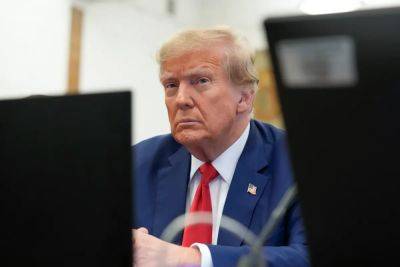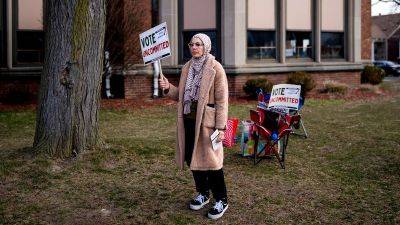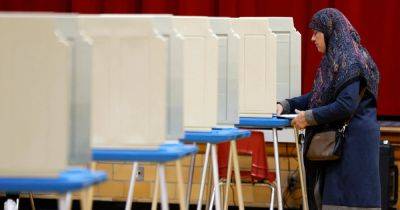Where is Donald Trump facing attempts to remove him from the ballot?
Lawsuits challenging Donald Trump’s eligibility to appear on the 2024 presidential primary ballots have sprung up in several states.
Individuals and left-wing organisations have claimed that Mr Trump violated Section Three of the 14th Amendment – known as the insurrection clause – citing his involvement in the January 6 attack on the US Capitol.
Section Three of the amendment prohibits those who take part in insurrections or aid enemies of the US government from taking office.
To date, formal challenges to Mr Trump’s candidacy have been filed in at least 35 states.
So far, onlyColorado and Maine have removed Mr Trump from the ballot under the 14th Amendment. Colorado’s Supreme Court ruled on 19 December that the former president is ineligible to appear on the state ballot and cannot be considered an option for the White House.
The US Supreme Court is set to hear arguments in the case on 8 February as they review the ruling from the Colorado Supreme Court. Mr Trump wants the US Supreme Court justices, three of whom he appointed, to overturn these findings. If they reject the Colorado ruling, Mr Trump’s spot on the state ballot would be restored.
After a lawsuit was filed to remove Mr Trump from the race in Michigan, a state courtjudge ruled in November that Mr Trump could appear on the ballot.
The judge said that neither courts nor the Michigan Secretary of State have the authority to determine when someone is eligible to run for office.
The judge claimed Section Three of the 14th Amendment was a “political question” which is non-justiciable.
Free Speech For the People, a liberal group, appealed the decision but the state’s appeals court upheld the lower court’s decision.
The Michigan Supreme Court chose not to take up







